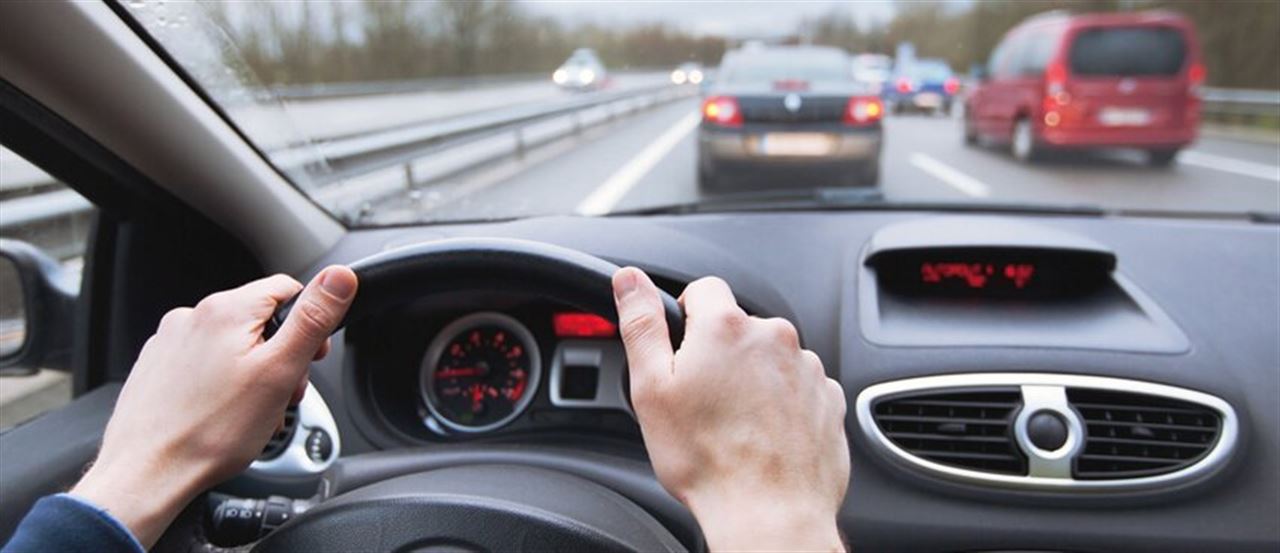Tips for Driving
Fuel Economy:
- Incorrect tire pressure and misaligned wheels increase tire rolling resistance, negatively affecting fuel consumption.
- Regular vehicle maintenance is essential. Changing the engine oil and clogged filters will improve vehicle performance and reduce fuel consumption.
- Avoid sudden starts and high speeds; use the highest gear possible.
- Loads carried on the vehicle and open windows increase wind resistance through the parachute effect, increasing fuel consumption.
- Do not carry unnecessary items in your vehicle. Every extra 100 kg increases fuel consumption by an average of 0.4 liters per 100 km.
Safe Driving:
-
Focus on Driving
- Pay full attention while driving.
- Do not use electronic devices like phones.
- Slow down. High speeds give you less time to react and increase the severity of an accident.
-
Drive Defensively
- Monitor other drivers around you and be prepared for the unexpected.
- Maintain a distance from the vehicle in front of you that is at least half of your speed, equivalent to a minimum of 2 seconds.
- In bad weather conditions, increase this distance to 4 seconds.
-
Plan Ahead
- Plan for breaks, meals, and phone calls before going on a long trip.
- In long journeys, avoid using the air conditioning's internal circulation feature for too long. This increases the CO2 levels inside the vehicle, leading to fatigue and drowsiness.
-
Vehicle Interior Control
- Secure moving objects inside the vehicle.
- Do not try to pick up items that fall to the floor while driving.
- Always wear your seat belt.


